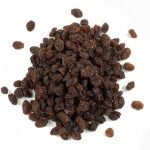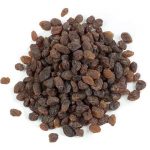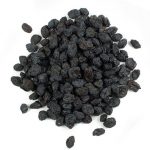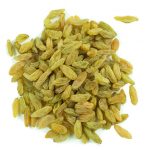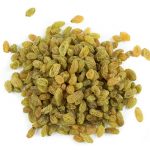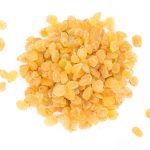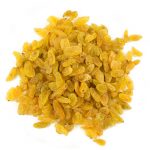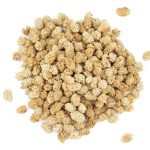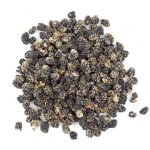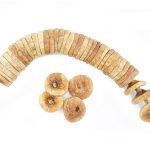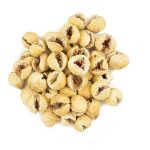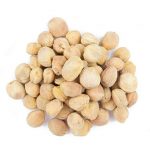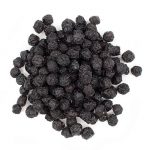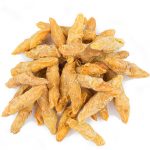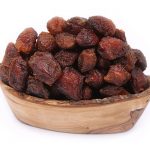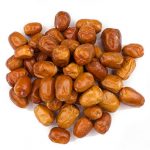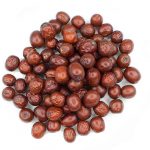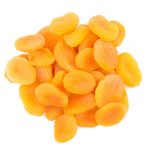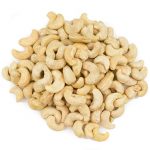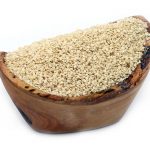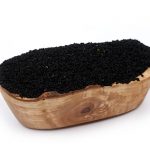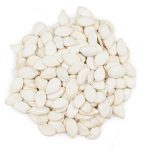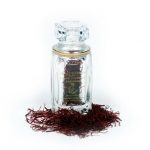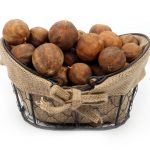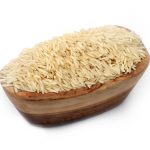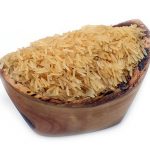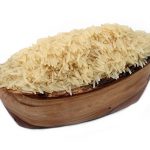Saffron
Product of AfghanistanSaffron is considered to be the most prized spice in the world. It is well known for its color, flavor, and medical properties. Saffron is the dried stigma or thread of the Crocus sativus plant. This exotic spice is a native of Southern Europe and today cultivated worldwide in many countries, particularly in Spain, Italy, France, Greece, Turkey, Iran, in the Indian state of Jammu and Kashmir, and very recently in Afghanistan Northern and Western provinces.
Naturizon provides Herat Saffron Brand which is produced and packaged in Afghanistan. Heart Saffron is available in prepackaged sizes of 1 gram, 2 grams, and 5 grams packaging. Naturizon provides Bulk Saffron, unpackaged, upon request. Saffron produced in Afghanistan is considered to be one of the highest quality saffron in the world and constantly compared to Persian saffron because of the high quality, smell, and flavor it has to offer. The rich farm lands in Afghanistan provide an ideal cultivating land for high quality saffron to be produced in Afghanistan.
Saffron has a distinct flavor that comes from chemical compounds in it such as picrocin and safranal. It also contains a natural carotenoid chemical compound, crocin, which gives saffron its golden-yellow hue. These traits along with its medicinal properties make it a valuable ingredient in many cuisines worldwide.
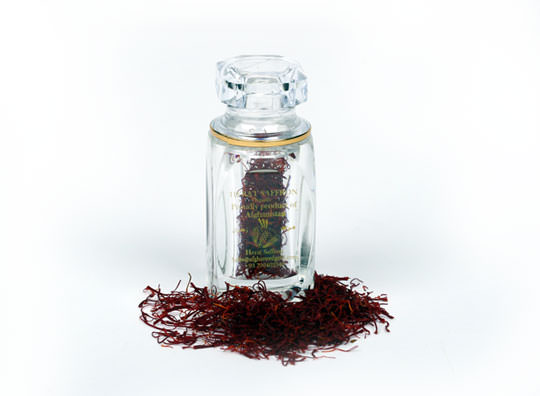
HEALTH BENEFIT
- Saffron contains several plant-derived chemical compounds that are known to have been anti-oxidant, disease preventing, and health promoting properties.
- The active components in saffron have many therapeutic applications in many traditional medicines as antiseptic, antidepressant, anti-oxidant, digestive, anti-convulsant.
- This novel spice is a good source of minerals like copper, potassium, calcium, manganese, iron, selenium, zinc and magnesium. Potassium is an important component of cell and body fluids that helps control heart rate and blood pressure. Manganese and copper are used by the human body as co-factors for the antioxidant enzyme,superoxide dismutase. Iron is essential for red blood cell production and as a co-factor for cytochrome oxidasesenzymes.
- Additionally, it is also rich in many vital vitamins, including vitamin A, folic acid, riboflavin, niacin, Vitamin-C that is essential for optimum health.
SELECTION & STORAGE
Fresh saffron is available in the special spice markets. Try to buy dried whole stigma (pistils) instead of powdered saffron since oftentimes it may be adulterated. Choose well-sealed container from the authentic selling company label displaying date of package and expiry.
Store in closed box and keep it in cool dark place (preferably inside the refrigerator) away from the light since light rays oxidizes the pigments in saffron and offsets its flavor.
Culinary uses
Just a pinch of fresh saffron is enough to enhance the flavor and color of the entire recipe.
There are several methods to use it in the kitchen. Whole stigma can be added directly to the preparations, or oftentimes, the threads are ground to paste using traditional mortar and pestle, and added to the recipes. In the third method, a pinch of saffron is added to a cup of hot water, steep; add this water to the recipes.
Here are some serving tips:
- Saffron stigmas have been used as a flavoring base and coloring base in both food and drinks in Mediterranean, and Asian cuisines.
- Popularly known as “kesar” in Indian subcontinent, it has been in use in the preparation rice-pulov, rice-pudding, “halwa” and other sweet dishes in many Indian, Pakistani, and Cental Asian countries. It is also used as a color and flavoring base in the preparation of kulfi, ice-creams, cakes and drinks.
- 3 to 5 saffron threads can be dropped in a pot of green tea to add more color and flavor to your green tea along with its health benefits.
SAFETY PROFILE
High doses of saffron can act as uterine stimulant and in severe cases can cause miscarriage. Therefore, pregnant women may be advised to avoid this spice in the diet.



